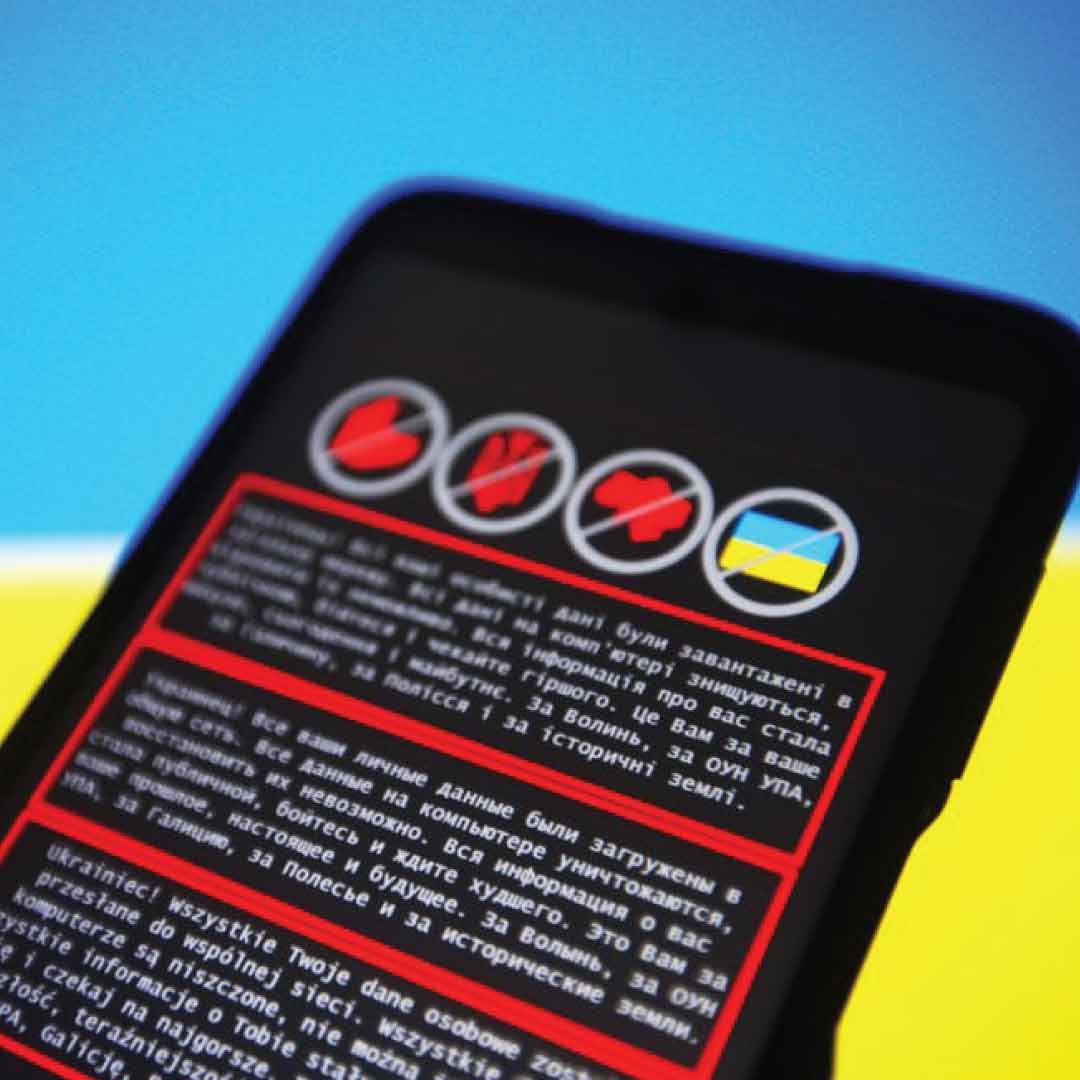In lieu of the Russia Ukraine crisis going on, more than a dozen telecommunications companies on both sides of the Atlantic are offering free international calls to Ukraine or eliminating roaming fees in the country.
Due to the high International Telecommunication Regulations (ITR) in Ukraine, the offer is aimed at assisting customers in staying in touch with their loved ones while also eliminating associated International Direct Dialing (IDD) costs.
Alongside MTN, some of the other telecommunication companies include
MTN
MTN Group Limited, formerly M-Cell, is a South African multinational mobile telecommunications company, operating in many African and Asian countries.
The telecommunications company said this in a statement on March 3. Karl Toriola, the CEO of MTN, said: “We understand that some of our customers in Ukraine have experienced challenges trying to contact their loved ones. As a result, we have stepped in with support to ensure that our customers, both at home and in Ukraine, are still able to connect with family and friends. All of our customers will benefit from the waived SMS and voice call fees to and from Ukraine. “This blanket waiver has been put in place as an immediate response to the need.”
Toriola explained, “We’ve worked closely with our industry body GSMA to make the connection easier. Whilst MTN does not have operations in Ukraine, we have heeded the call to remain responsive to our customers in their time of need.
Read Also : The Russian Cyber Attack on Ukraine
Each active network subscriber will get 30 minutes of free voice calls and 50 free SMS. Customers can check their allocated minutes/SMS, used volume, balance, and expiry date until March 31st. Unused free minutes expire on March 31 or earlier as advised and do not rollover.
Vodafone
Vodafone is a leading technology communications company in Europe and Africa, keeping society connected and building a digital future. Between February 28 and March 5, 2022, Vodafone announced a similar offer.
Vodafone said in a statement to its customers. “Effective 28th February 2022 and over the next five days, we are availing free calls and text messages for Vodafone customers trying to get in contact with family and friends in Ukraine. Additionally, Vodafone Ghana is offering free roaming services (calls, text messages, and internet) for any of our customers who remain in Ukraine,”
Read Also: Twitter Operates On Tor Browser in Response To Russia’s Restrictions
“We hope and pray that our customers and their loved ones remain safe during this challenging period,” the telecommunications company added.
Furthermore, Vodafone also offered free calls and SMS services in Europe to and from Ukraine.
Verizon
Verizon is an American wireless network operator that previously operated as a separate division of Verizon Communications under the name of Verizon Wireless
Verizon said it was waiving charges for calls from residential landline and consumer or business wireless phones to and from Ukraine until March 10. It also scrapped voice and text roaming charges for customers in Ukraine.
Others
According to livemint report, European telecoms lobbying group ETNO said an internal survey showed at least 13 of its members have taken measures to help Ukrainians after Russia invaded the country, while more are expected to do the same in the coming days.
They are Deutsche Telekom, Orange, Telefonica, Telia Company, A1 Telekom Austria Group, Telenor, Proximus, KPN, Vodafone, Vivacom, TIM Telecom Italia, Altice Portugal and Swisscom.
Read Also : Galaxy Backbone Provides Technology Services for Nigeria’s Digital Infrastructure
Some of the offers include giving SIM cards to refugees in neighboring countries, free Wi-Fi in refugee camps, activating the ‘SMS donation’ function to help organisations aiding refugees and including Ukrainian channels in IPTV packages for free, ETNO said.
U.S. telecoms group AT&T last week said its U.S. consumer and business customers will get unlimited long-distance calling to Ukraine until March 7.





